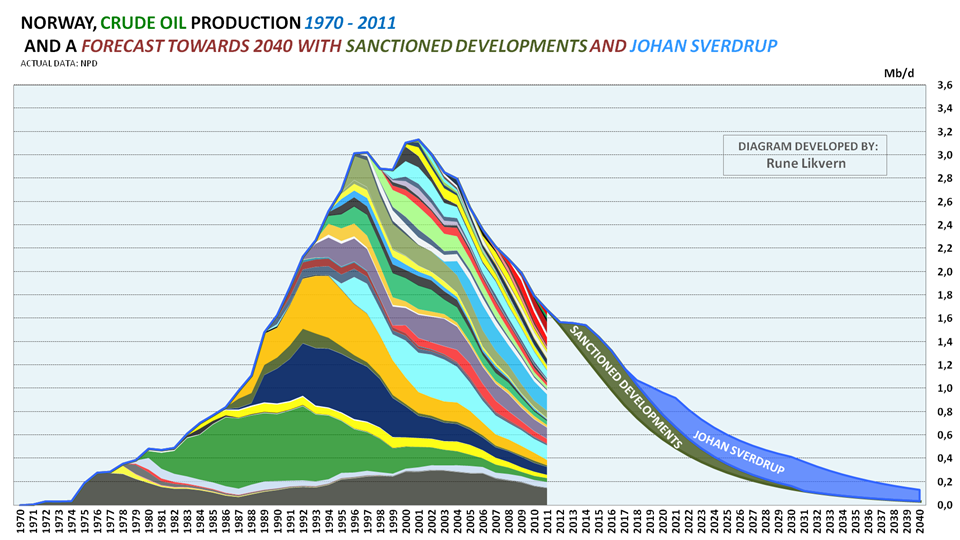Nätverket Olja och Gas, NOG kommer att ha ett seminarium om Tysk energi politik och hur denna har påverkats av den allvarliga kärnkraftolyckan i Japan den 11 mars. Seminariet kommer att hållas på engelska. Här kanske det skulle vara intressant och fråga om Bundeswher’s rapport om Peak Oil.
German energy policy –
Consequences nationally and for Europe.
In the wake of the Japanese earthquake and following tsunami that destroyed several nuclear facilities in Fukushima on March 11, 2011, Germany ended a long debate on the role of nuclear power in the country by deciding on the decommissioning of all nuclear power plants by 2022.
Before the preliminary shutdown of seven of the nuclear power plants in March 2011, Germany got 24 percent of its electricity from nuclear power. The government, with prime minister Angela Merkel, stated that Germany ”[does not] only want to renounce nuclear energy by 2022, we also want to reduce our CO2 emissions by 40 percent and double our share of renewable energies, from about 17 percent today to then 35 percent”.
The German political agreement to decommission nuclear power is fuelling a lively debate on the consequences, both nationally and for Europe. Some claim that this decision will give Germany a head start in the development of renewables, where they are already strong. Environmentalists therefore want Sweden to follow the German example. Others argue that the decision will lead Germany into prolonged dependence on fossil fuels hindering the process of fighting climate change. This would also lead to increased reliance on imported natural gas, particularly from Russia. The NOG seminar will discuss the different possible outcomes of the rapid change in German energy policy and the impact on industry, consumers and the environment, in Germany as well as in neighboring European countries.
Talare:
Catrin Draschil; Head of Strategic Analysis Unit, Vattenfall
Patrick Schneckenburger; Head of Strategy and Analysis, E.On Nordic
Dr. Felix Christian Matthes; Researcher Coordinator Energy- and Climate policy, Öko Institut e.V.
The seminar will be moderated by Kristina Haraldsson, Manager Energy Systems Analysis, ÅF.
Plats: ÅF Huvudkontor Frösundaleden 2A, Solna
Datum och tid: Torsdag den 3 November 2011; kl 13:00 – 16:30
Seminariet är fritt men en anmälan krävs senast den 30 oktober till e-post: anmalan@nog.se










Verkar intressant, tycker det är en utmärkt idé och ett tillfälle att ta upp Bundeswehr-rapporten om Peak Oil och förhoppningsvis få igång en fruktsam diskussion. Rapporten borde ju utgöra en hörnsten i alla diskussioner kring tysk och europeisk energipolitik. Medverkande bör se till att printa ut ett par kopior av Bundeswehr-rapporten (den eng versionen o några på tyska) och ta med-jag har slutat att förvånas hur få som faktiskt läst den!). Tyvärr deltar jag i ASPO- konferensen i Washington detta datum men vet flera andra som kan vara intresserade.